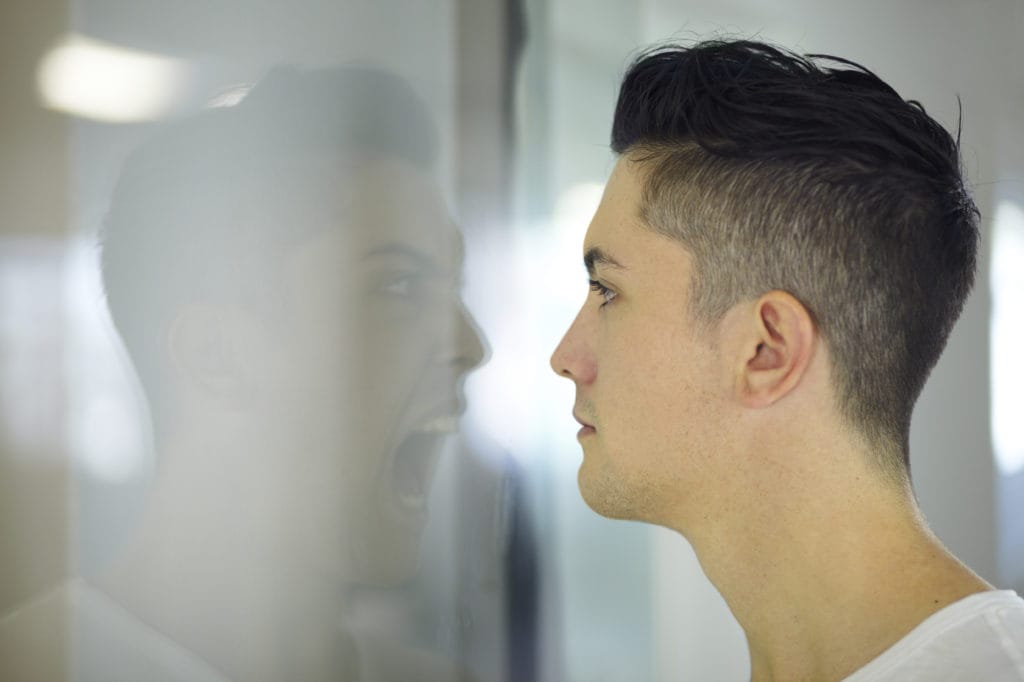Sometimes one illness transitions into another. Such is the case for some people with psychotic depression who start out with a form of unipolar depression and ultimately struggle with bipolar disorder. This is called conversion. A study looked for ways that clinicians can predict which patients with psychotic depression would convert to bipolar disorder. Psychotic depression is a sub-type of major depression. This form of depression is accompanied by psychosis, which can involve a loss of contact with reality, hallucinations, delusions or hearing voices. They harbor illogical thoughts and become negligent toward self-care and are increasingly isolated from others. Bipolar disorder involves depressive episodes, but is characterized by pendulum swings of emotion whereby the person will feel elated, capable, talkative and energetic for a period of time and then feel cripplingly depressed at other times. The two poles of emotion, mania and depression, are separated by periods of time when the person experiences a more normal range of emotion. Researchers studied existing data collected through multiple sources in Denmark which had been gathered from 1995-2007. The study was looking for instances where a person was initially diagnosed with psychotic depression which later converted to bipolar disorder. They identified 8,588 subjects with an initial diagnosis of psychotic depression and 609 subjects who later received a diagnosis of bipolar disorder. This translated into a 7.1 percent rate of conversion. The researchers next compared subjects who did convert with those who did not in order to find characteristics which might serve as predictors of the transition. They found seven notable factors after repeated logistic regression analyses: earlier onset age, recurring depression, solitary living conditions, collecting disability income, never exceeding a technical level education, short-term higher education and medium-term higher education. The other interesting finding from this study was that the conversion from one illness to the other does not appear to be related to how long a person has been medicated for their psychotic depression. Expressed as an adjusted odds ratio (AOR), the researchers compared the likelihood of persons in certain age brackets converting to bipolar disorder compared to a person whose psychotic depression began on or before the age of 20 years:
- 20-29 years = 1.64 AOR
- 30-39 years = 1.58 AOR
- 40-49 years = 1.8 AOR
- 50-59 years = 1.36 AOR
- 60-69 years = 1.19 AOR
- 70-79 years = .85 AOR
- 80 years and beyond = .40 AOR
The study discovered a conversion rate that was lower than other researchers had identified in previous long-term studies. The Danish researchers say the difference may be due to methodological issues.

